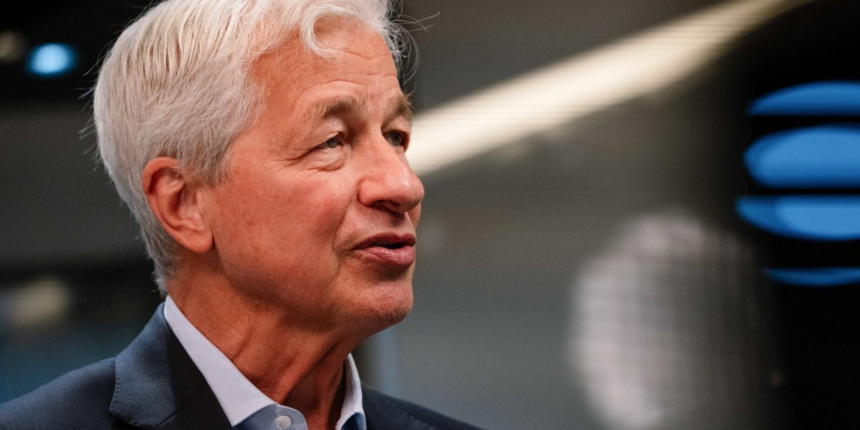It would be reassuring for markets to hear Jamie Dimon, the leader of America’s biggest bank and a veteran of Wall Street, say he didn’t see a recession coming. Unfortunately, that’s not the case.
But there are questions outstanding for analysts: Particularly those like Dimon who refrain from falling to the overly bullish or bearish side. Those questions include the impact of tariffs on inflation (if or when those increases truly hit), as well as geopolitics, the labor market, and whether AI will deliver the returns investors are banking on.
Dimon echoed this caution in an interview this week, saying: “I think [a recession] could happen in 2026—I’m not worried about it is a different statement. We’ll deal with it, we’ll serve our clients, we’ll navigate through it. A lot of us have been through them before.”
Dimon, never one to bank on one outcome or another, did counter the warning with some reasons for optimism: “But I do think there are positives—like deregulation is a real positive, which also helps animal spirits … and you know, in the ‘One Big, Beautiful Bill’ there’s also more stimulus, that has positives for the economy but maybe negative for inflation.”
One thing Dimon is sure on is that the current government shutdown isn’t good news for anyone. Washington is currently locked in a stalemate over funding, with threats lingering over furloughed workers not receiving backpay and potentially even their jobs when they return.
Similarly, the majority of traders are expecting the government shutdown to last for more than 15 days, with 52% expecting it to drag on for more than 20. This presents problems for the Fed, which will meet in a week to make a decision on the base rate without key data from federal releases.
“Look, I don’t like shutdowns. I think it’s just a bad idea—I don’t care what the Democrats or Republicans say, it’s a bad idea,” Dimon said. “It’s not a way to run a railroad.”
Even then Dimon, like many others on Wall Street, don’t expect the shutdown to materially impact the economy: “You know, one of them went for 35 days, I’m not sure … if it really affected the economy, the market in a real way.”









